Do Implants Feel Like A Natural Tooth? 8 Things to Know

For many people considering dental implants, the big question is how realistic they will feel once the procedure is complete.
The truth is, modern implant technology is designed to mimic the look, function, and sensation of real teeth so closely that most patients eventually forget they even have one. Still, there are a few nuances worth knowing before you make your decision.
Let’s explore the eight key things to understand about the experience.
1. The Foundation Is in the Bone
The biggest reason implants feel stable is that they’re anchored directly into your jawbone. The titanium post acts like an artificial tooth root, fusing with the bone over time through a process called osseointegration.
Because of this integration, one of the greatest benefits of dental implants is that chewing, speaking, and biting feel as natural as they do with your original teeth.
2. The Crown Is Custom-Crafted
While the implant post provides stability, the visible part - the crown - is custom-designed to match your natural teeth in color, shape, and size, ensuring a seamless and natural-looking smile.
This attention to detail ensures that it doesn’t just function like a tooth but also looks completely natural when you smile.
3. They Respond Differently to Pressure
Real teeth have periodontal ligaments that can sense tiny changes in pressure. Implants don’t have these ligaments, so the sensation when biting is slightly different. Most patients adapt quickly, and after a few weeks or months, they don’t notice the difference unless they’re paying very close attention.
4. They Help Maintain Your Bite Strength
Because the implant is fixed firmly in the jawbone, it supports normal bite force. Whether you’re biting into a crisp apple or enjoying a steak, an implant can handle the same pressures as a natural tooth without wobbling or shifting.
5. They Feel More Natural Than Alternatives
When comparing implants to dentures, the difference is significant.
Dentures can slip or require adhesives. Implants, however, stand independently and function much more like the tooth they replace, making them the closest possible match to nature.
6. Gum Health Plays a Role in Comfort
Healthy gums help your implant feel like part of your natural smile. Swelling, irritation, or gum disease can make any tooth, real or artificial, feel uncomfortable.
Maintaining proper oral hygiene and visiting your dentist regularly ensures your implant stays comfortable and stable.
7. Adjustment Periods Are Normal
Although implants are designed to blend in seamlessly, it still takes time for your brain to adapt.
In the first few weeks, the sensation may feel slightly unusual, especially if you’ve been missing a tooth for a while.
By focusing on implant maintenance during this stage, you make the adjustment smoother and help the implant feel natural much faster.
8. Long-Term, They Feel Like Part of You
Once the healing and adaptation phases are over, most patients say their implant feels no different than their natural teeth.
With their long-lasting design, implants are made to blend naturally into your smile for many years.
Why They Can Feel So Real
The blend of medical science and artistry behind implants is what creates such a lifelike experience. The secure anchoring in the jawbone replicates the function of tooth roots, while the carefully shaped crown restores aesthetics.
Implants are praised for their durability, stability, natural appearance, cost-effectiveness, and long-term function, qualities that work together to replicate the look and feel of natural teeth more closely than other replacement options.
Over time, your muscles, nerves, and bite mechanics adjust, making the implant a seamless part of your daily life. It’s also worth noting that implants help preserve jawbone density.
When a tooth is lost, the bone can begin to shrink, affecting the fit of dentures or even the shape of your face. Because an implant stimulates the bone like a natural tooth root, it helps maintain the structure and feel of your bite long-term.
Care Tips to Keep the Natural Feel
If you want your implant to keep feeling like a real tooth for decades, a few habits go a long way:
🔹 Brush twice daily with a soft-bristle toothbrush.
🔹 Floss around the implant to keep gums healthy.
🔹 Avoid using your teeth as tools to open packages.
🔹 See your dentist for regular check-ups to monitor the health of your implant and surrounding tissues.
These steps not only protect your implant but also maintain the natural sensation you’ve grown used to.
The Subtle Differences You Might Notice
While most people quickly forget they have an implant, some report a very slight difference in temperature sensitivity or feedback when biting.
This isn’t a flaw; it’s simply the result of the different way implants connect to the bone compared to natural teeth. Over time, your brain filters out these differences.
For some patients, the new tooth even feels stronger than the one it replaced. This can be a nice confidence boost, especially when enjoying foods that once felt risky.
Final Thoughts: The Confidence of a Complete Smile
If you’ve ever wondered whether implants feel like a natural tooth, is just a marketing claim; the answer lies in patient experiences - most say yes, and often forget which tooth is the implant.
With the right care and a skilled dental team, your implant can look, function, and feel so authentic that it simply becomes part of you.
At Sola Dental Spa, we specialize in creating smiles that feel as good as they look.
Our experienced dentists provide treatments such as a Hollywood smile, dental veneers, complete smile makeover, along with many other options tailored to individual needs. Our team blends advanced implant technology with a personalized approach so you can enjoy the confidence and comfort of a complete, natural-feeling smile.
If you’re ready to see how natural implants can feel, you can contact us to schedule your consultation or book it online in just a few clicks.
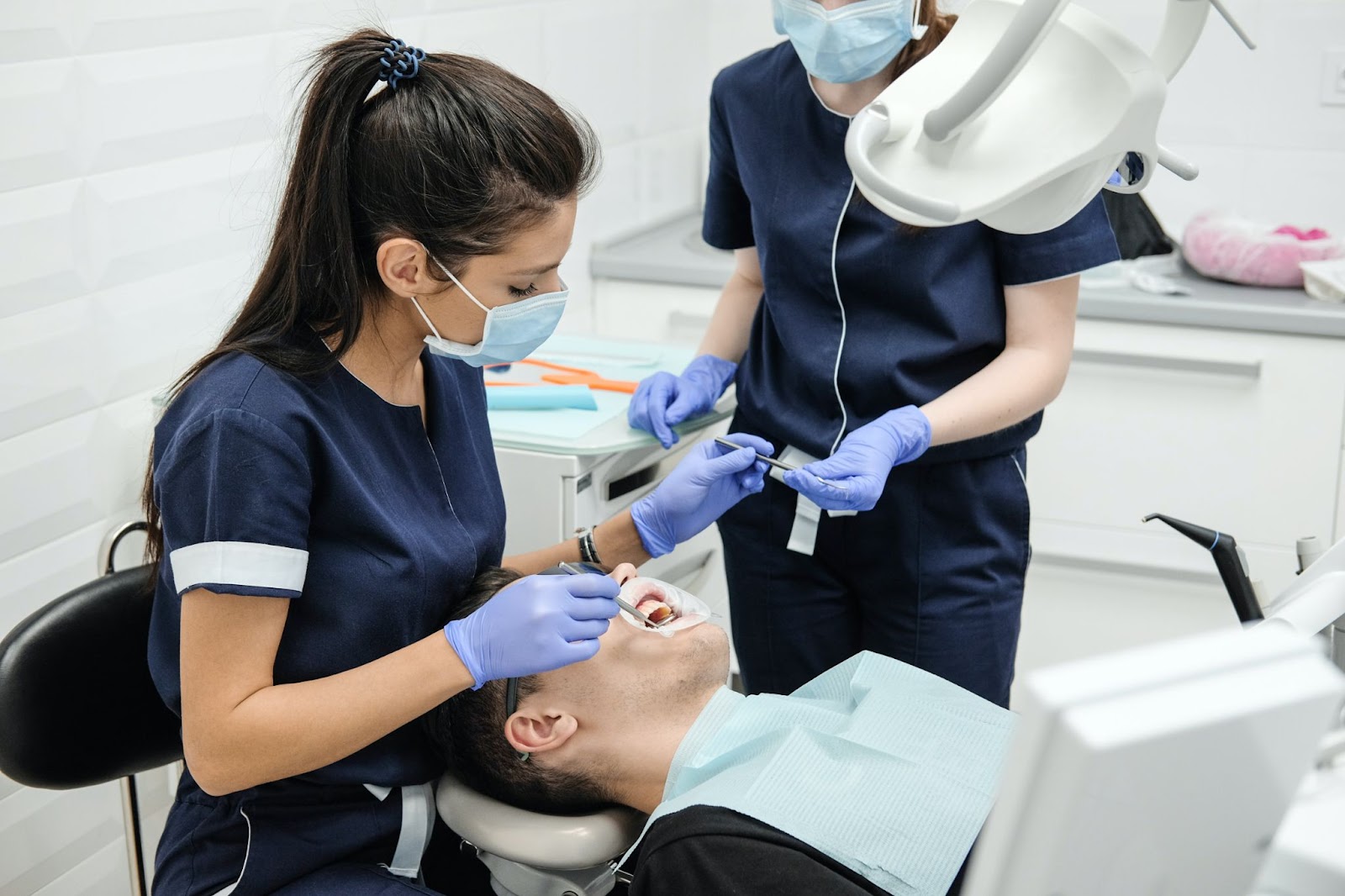




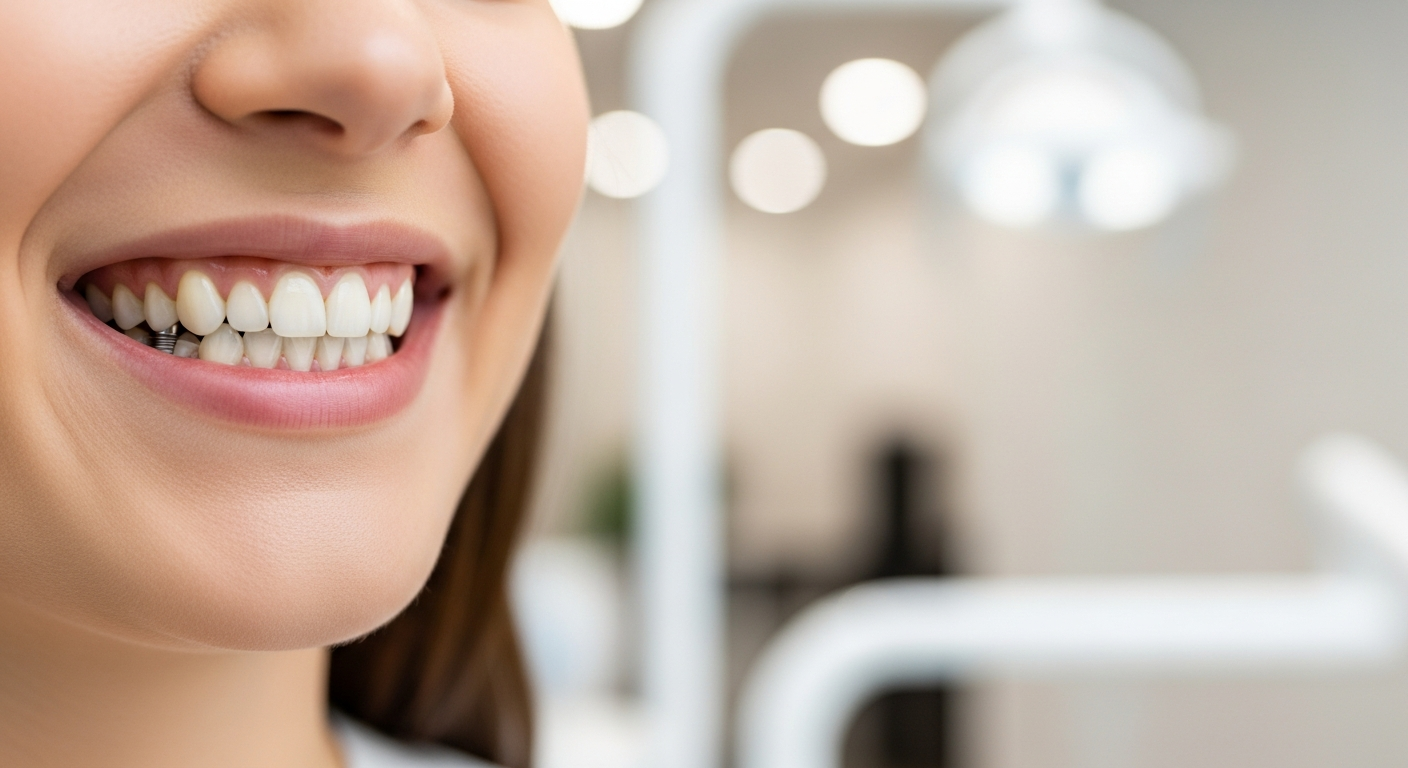
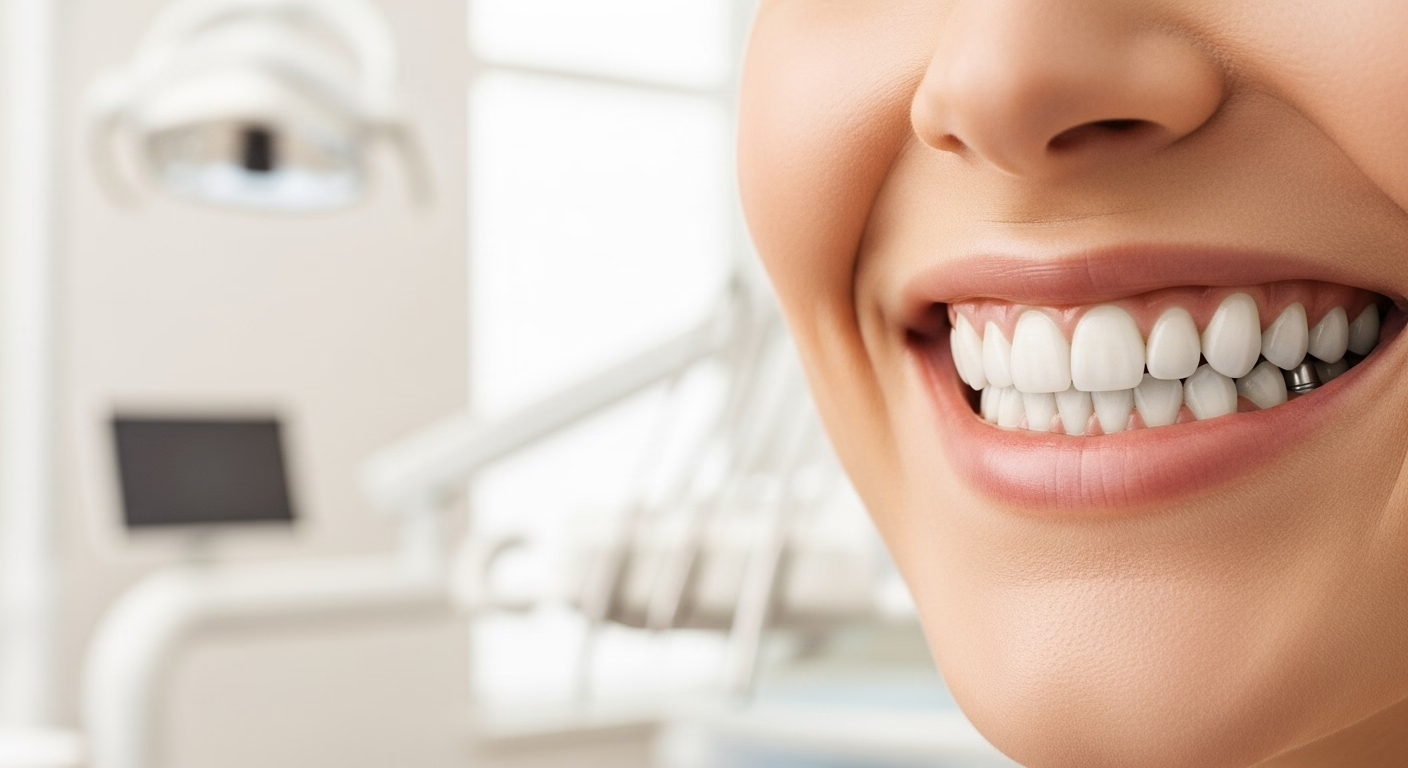
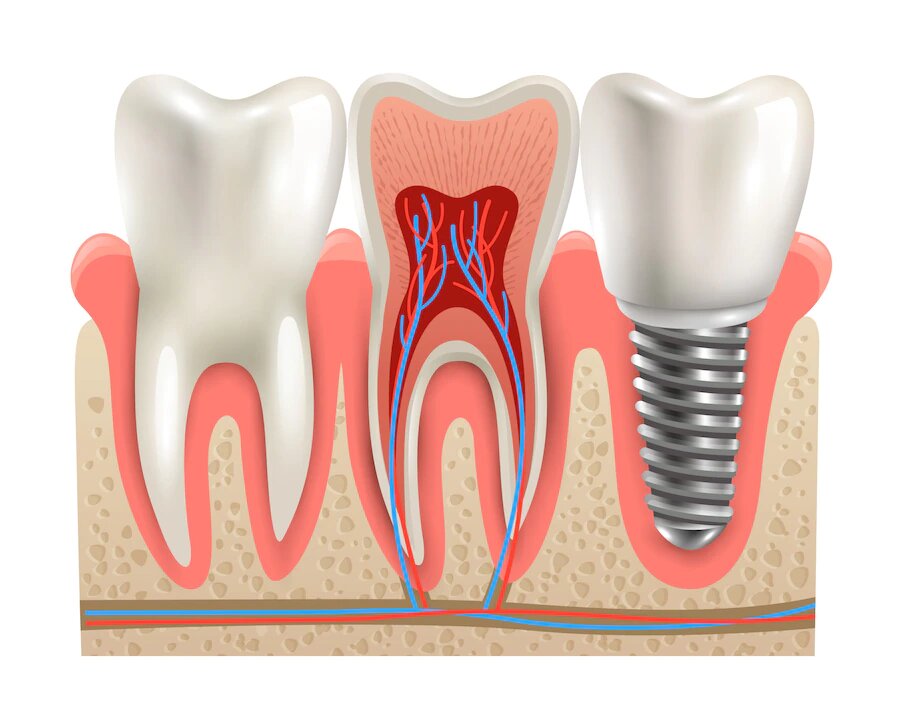
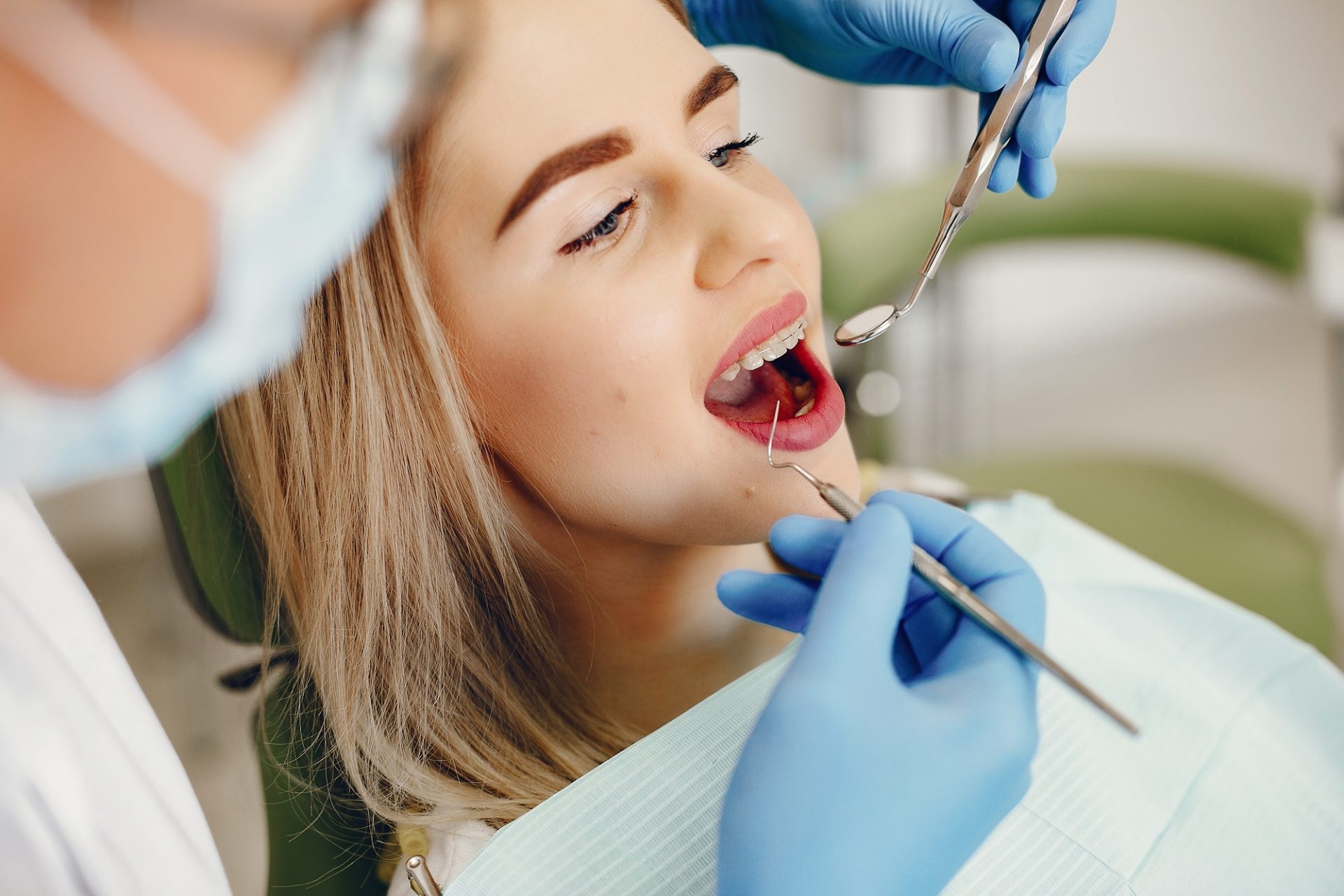



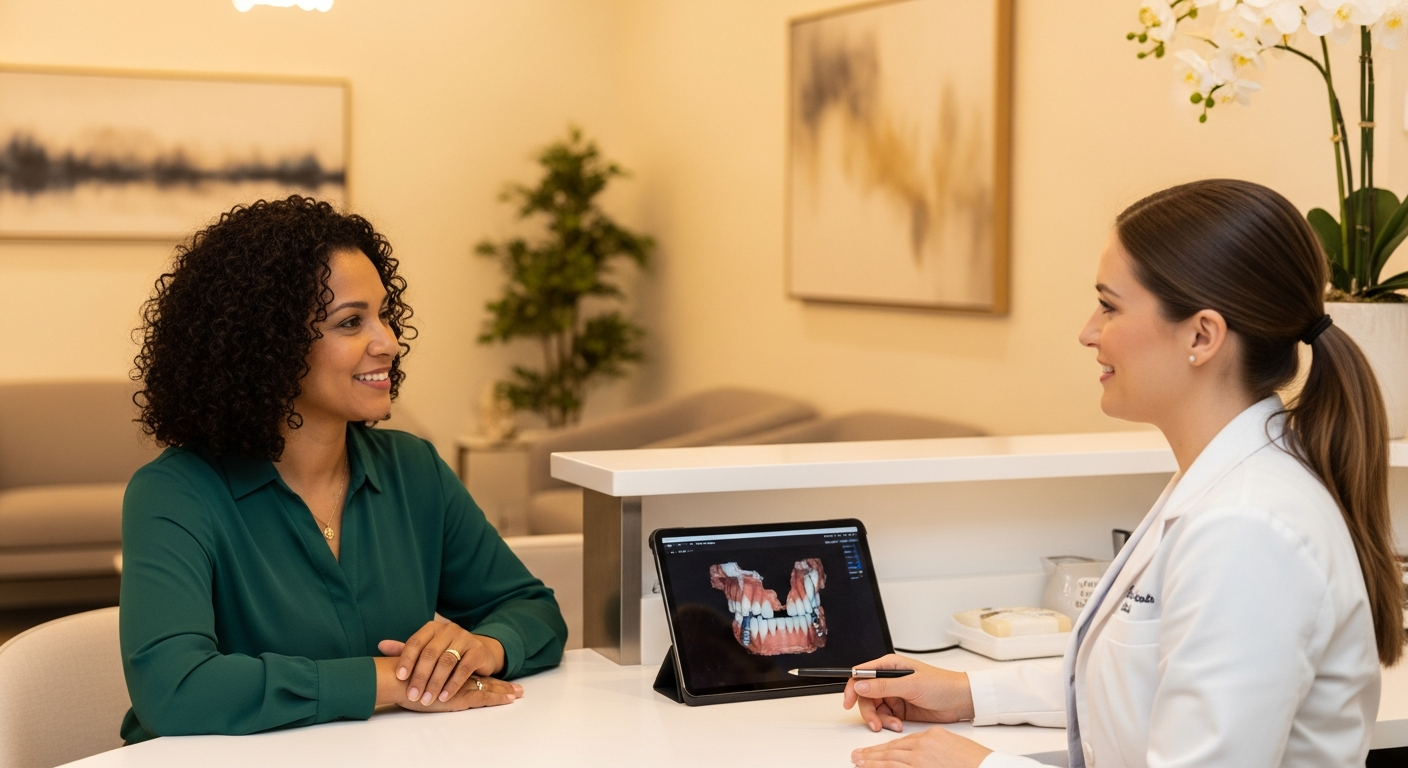



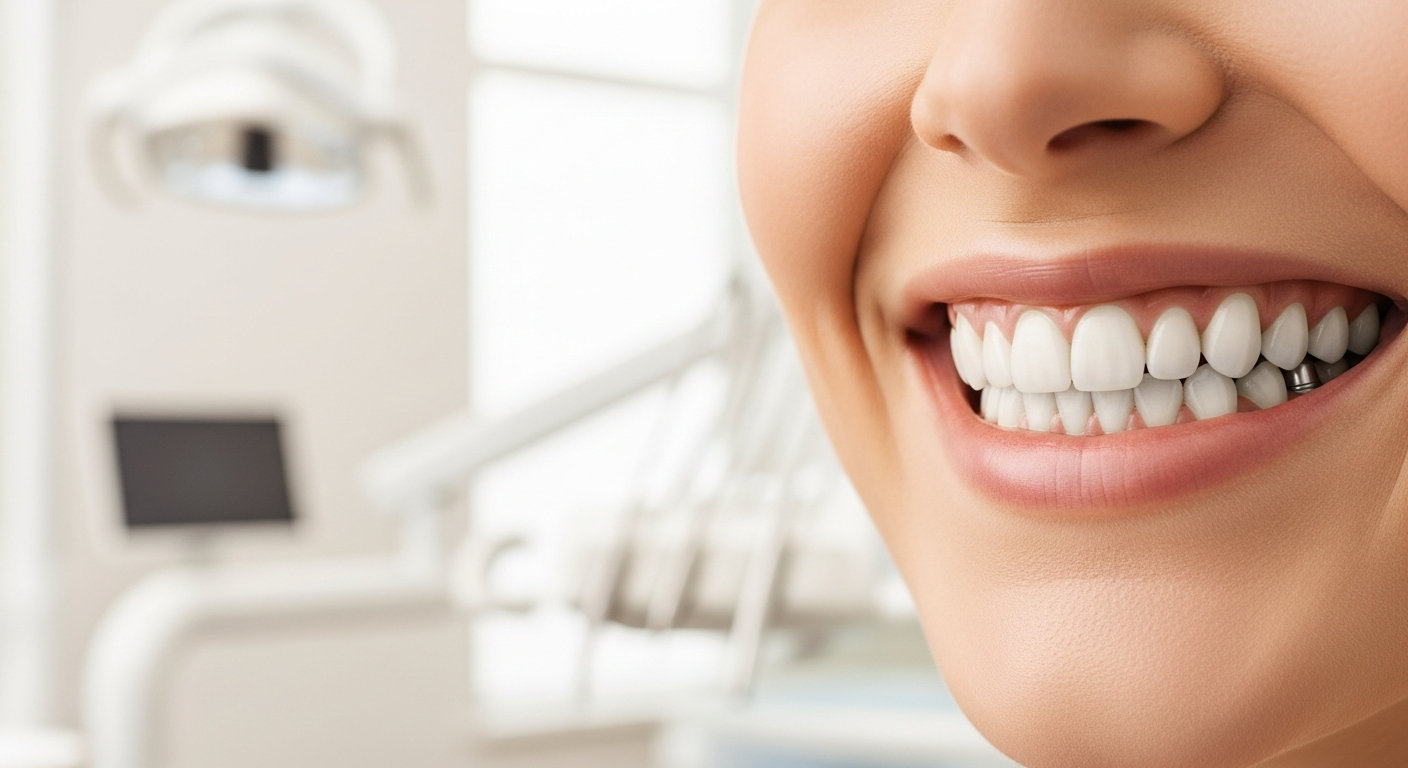

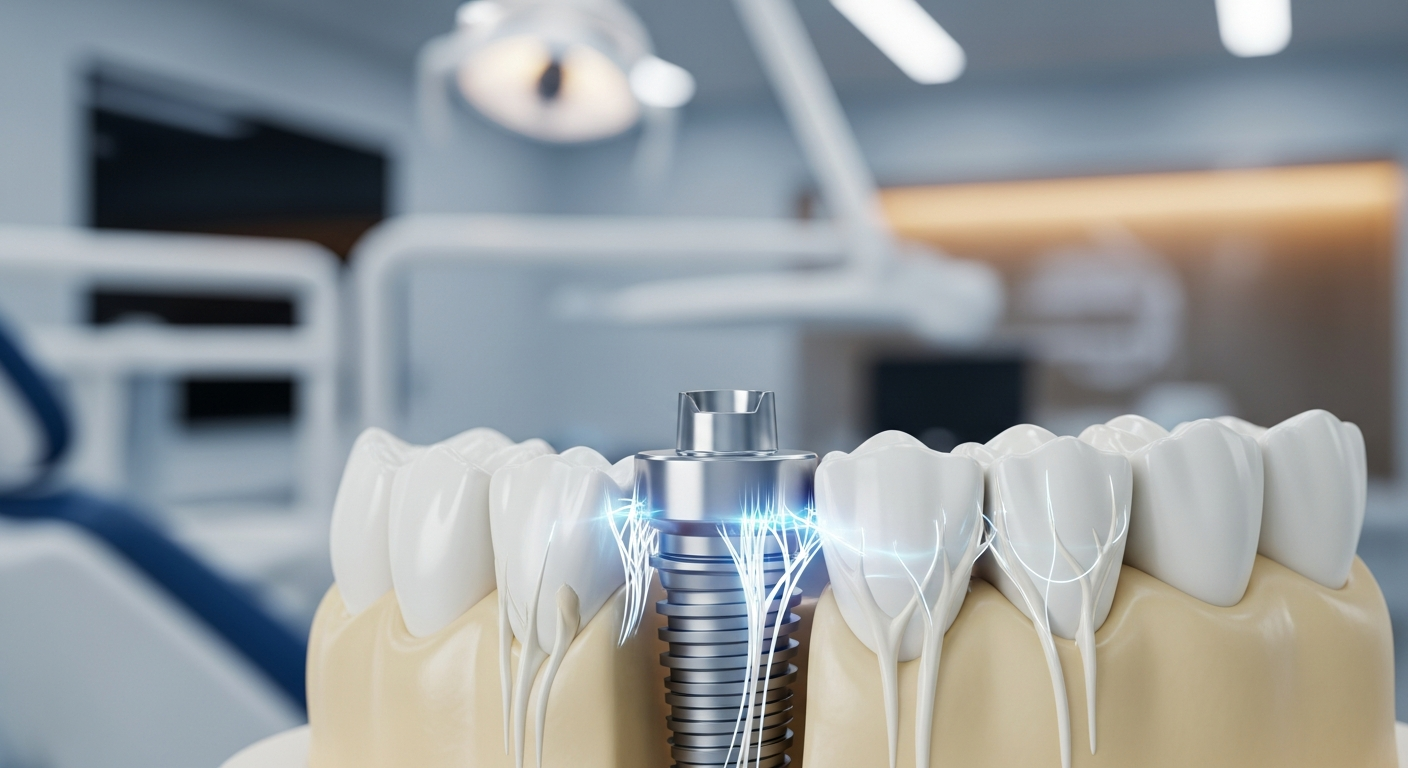
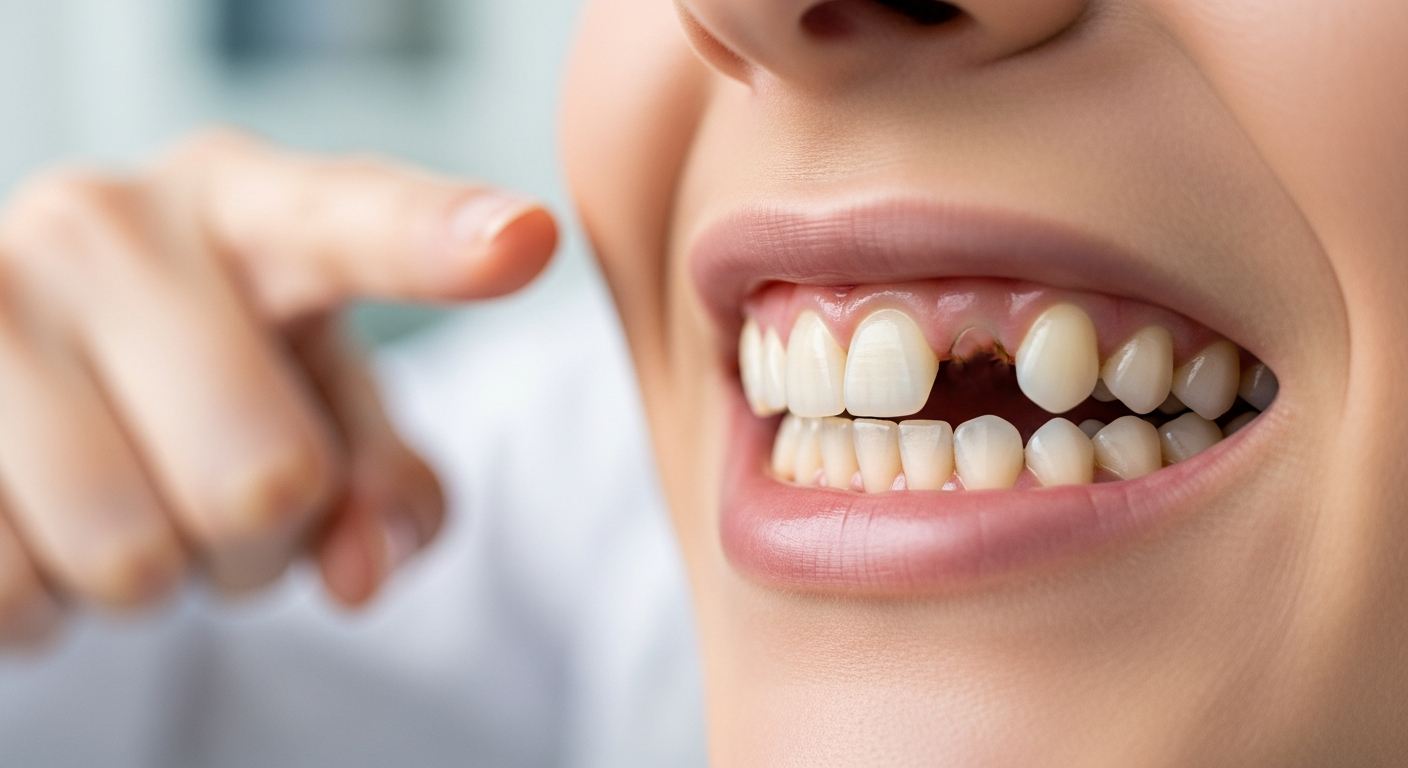





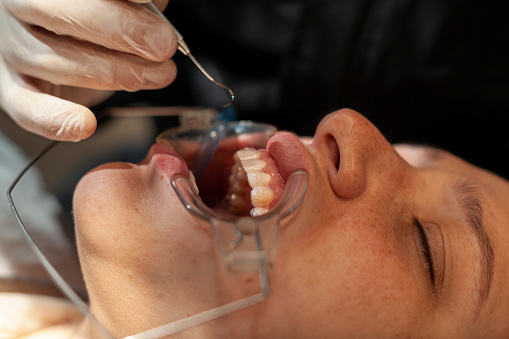

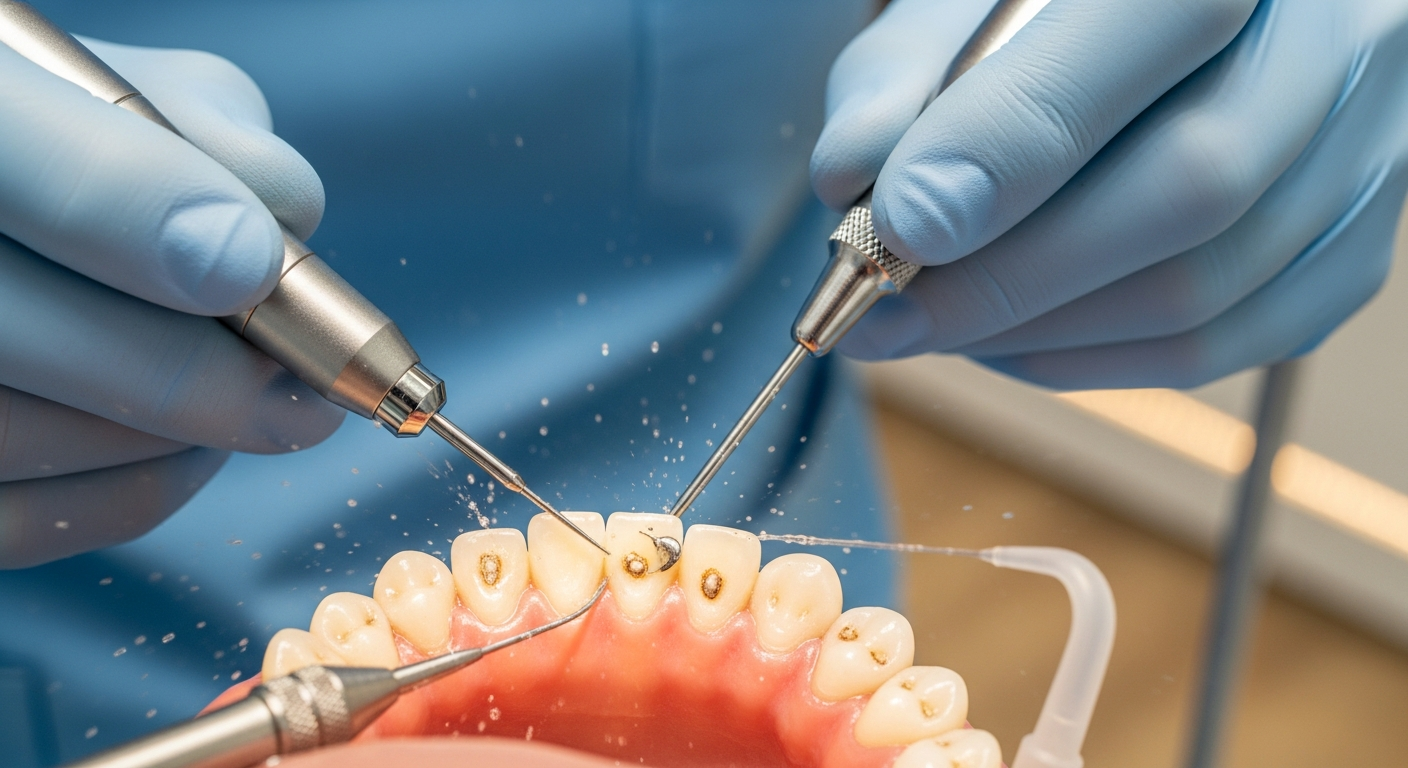

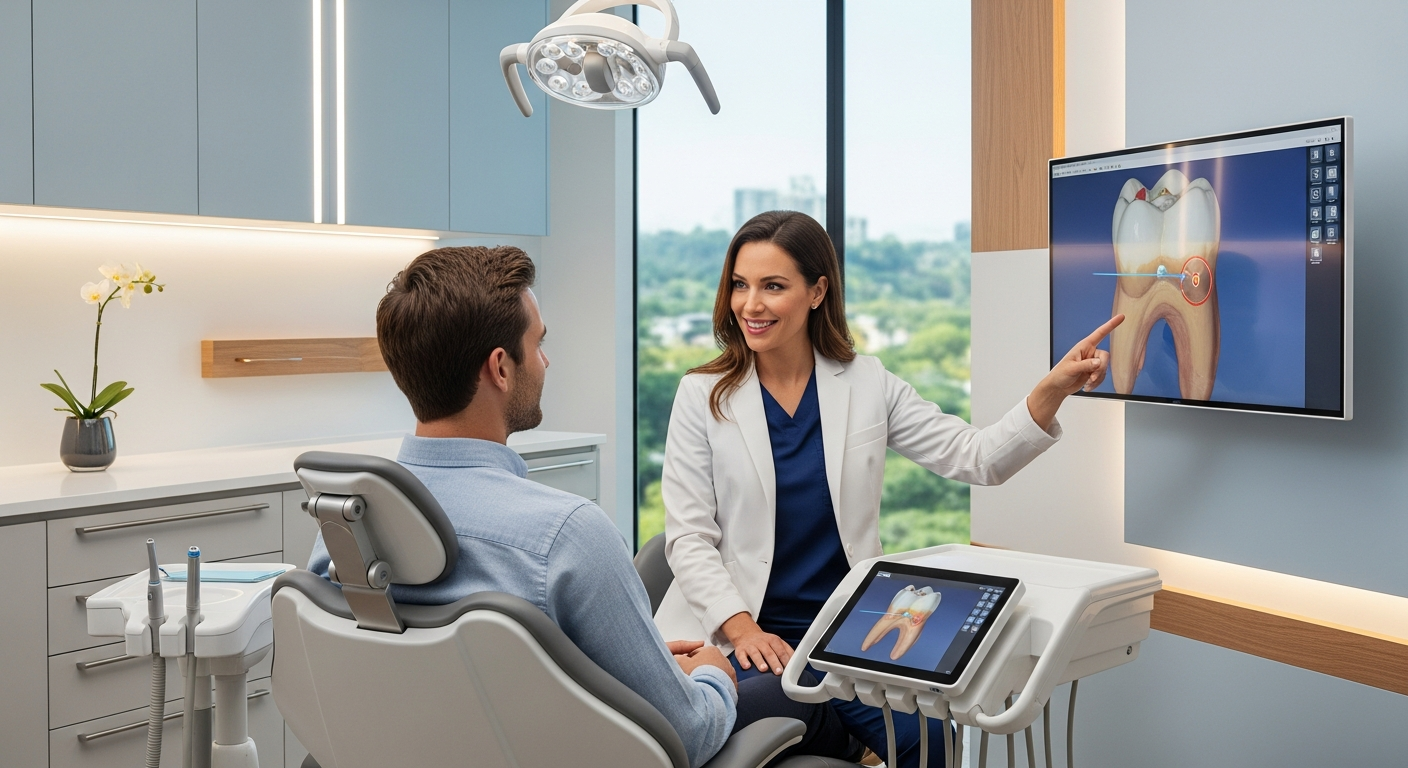
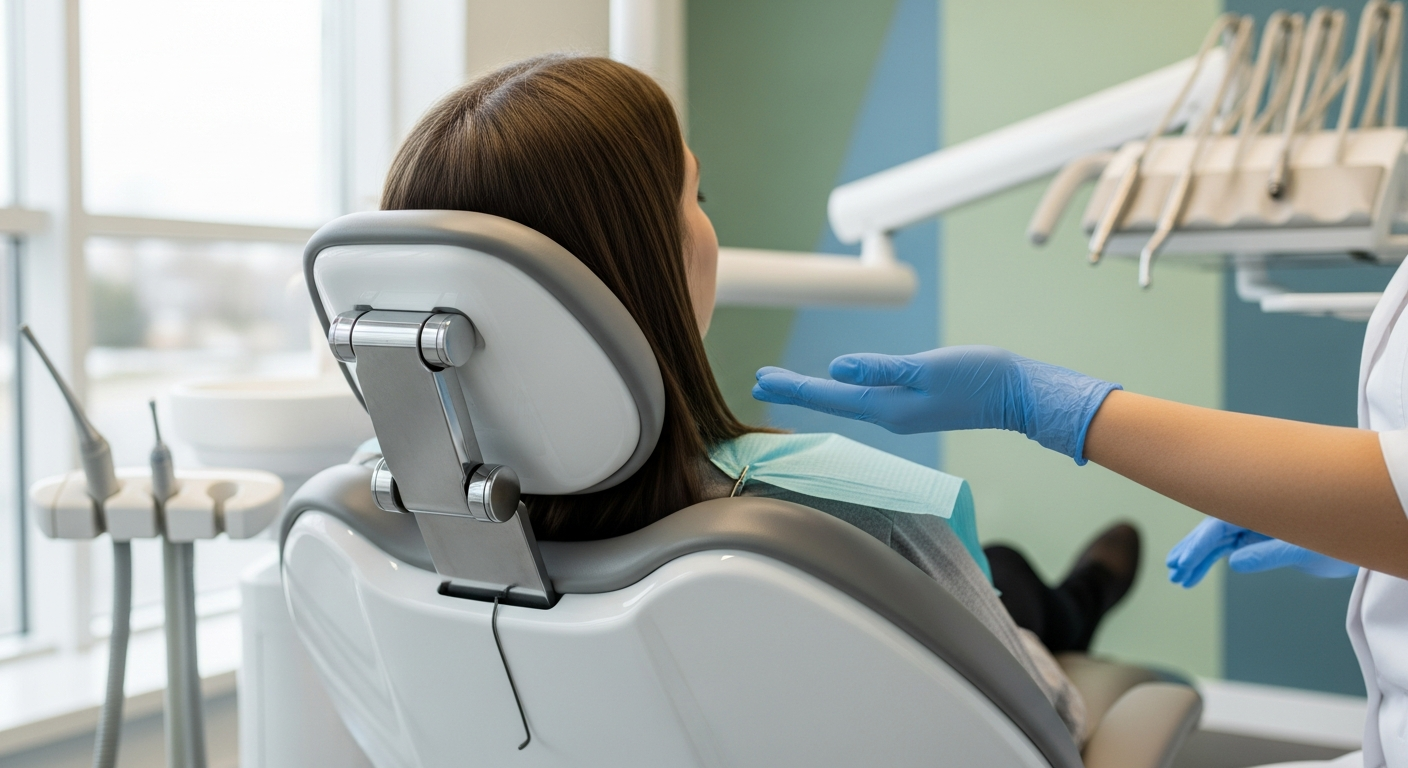

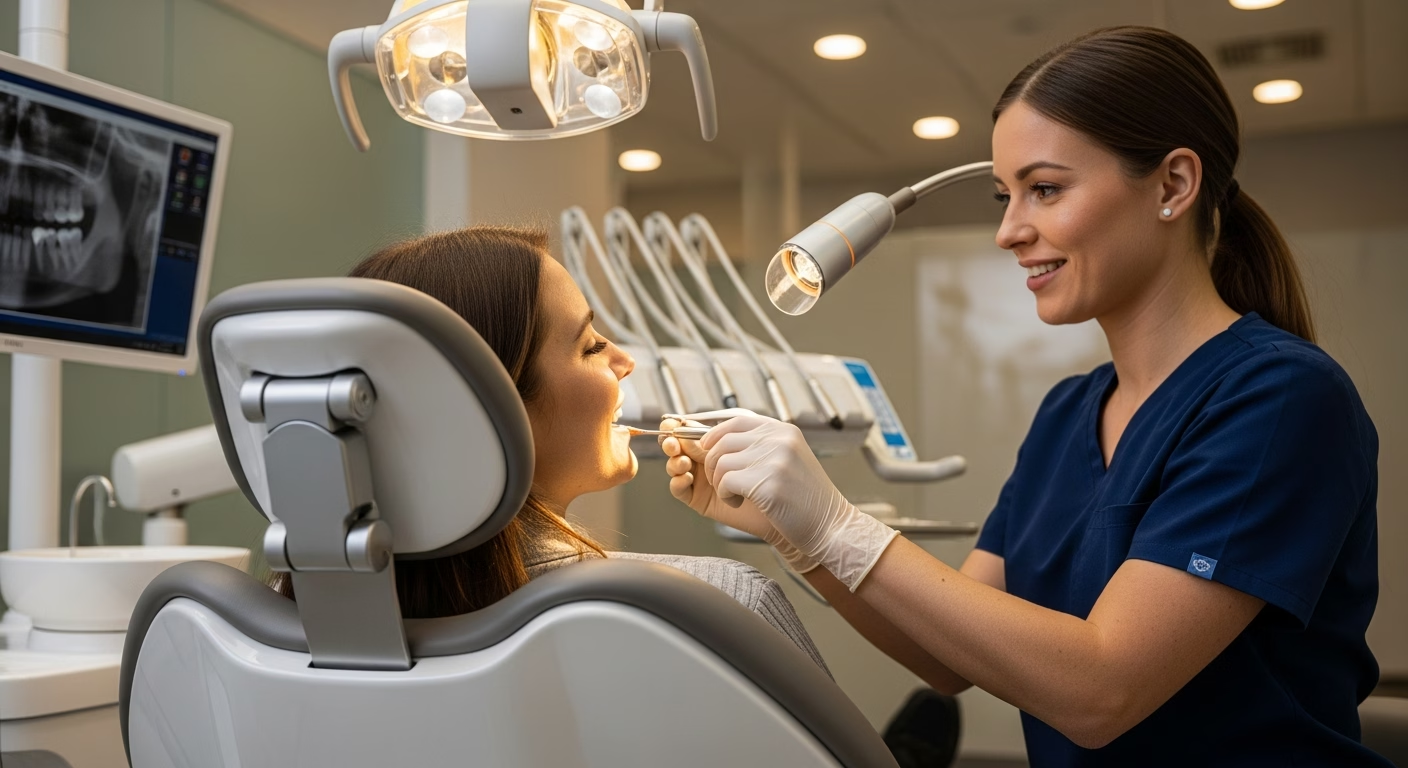
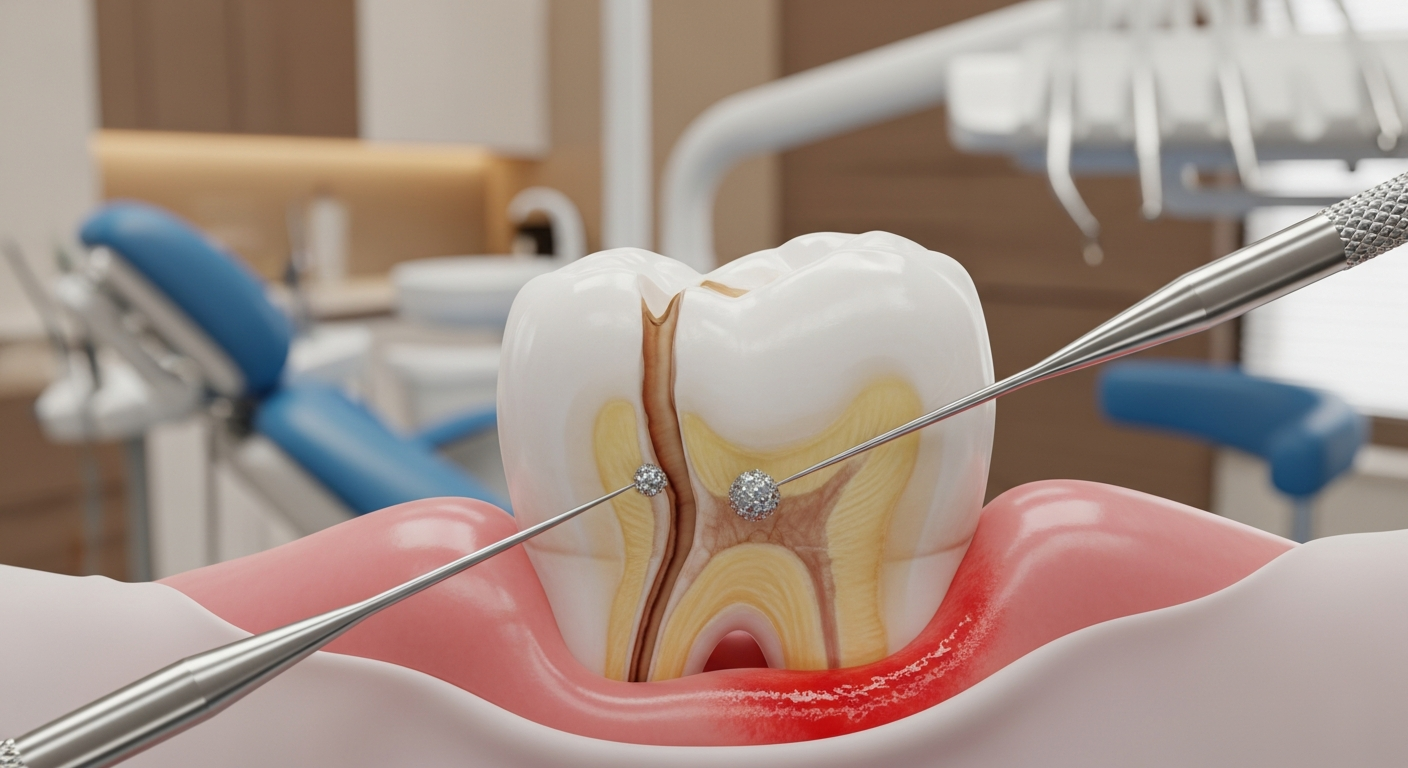




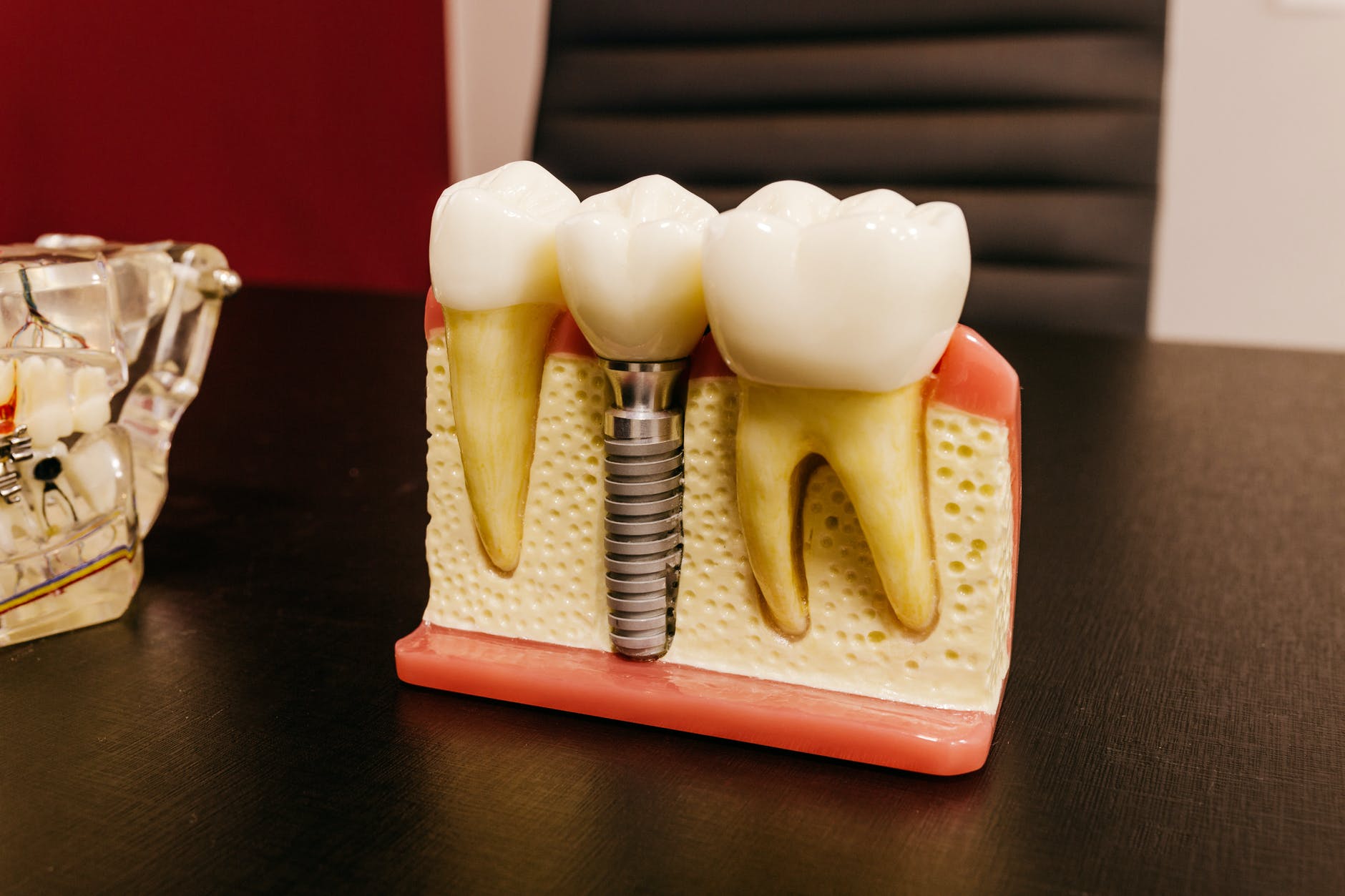


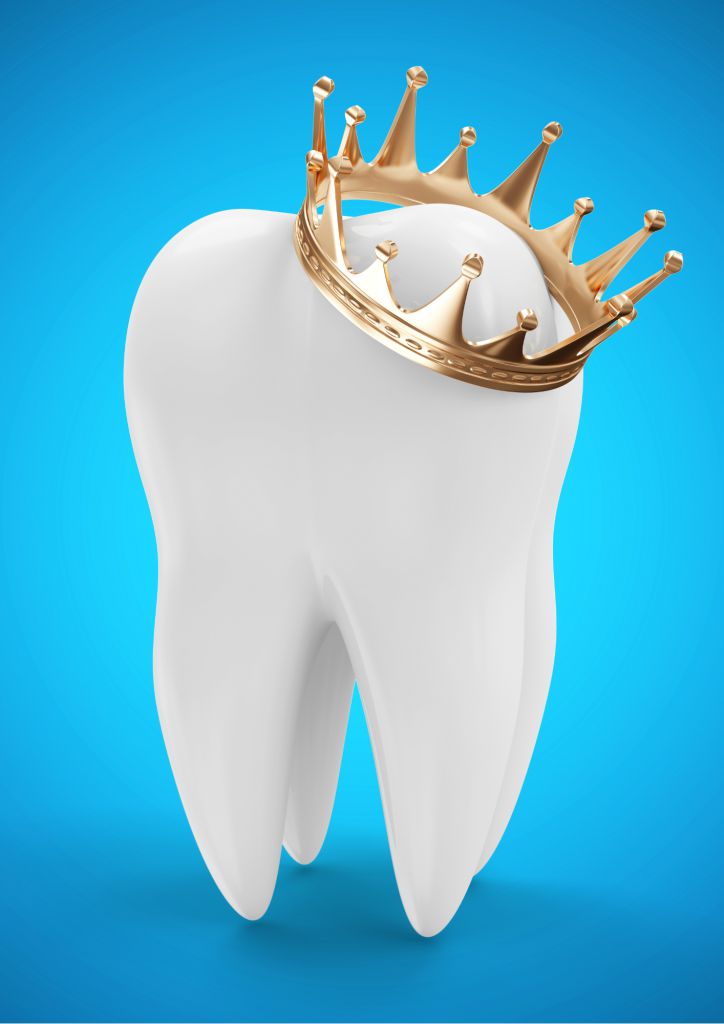



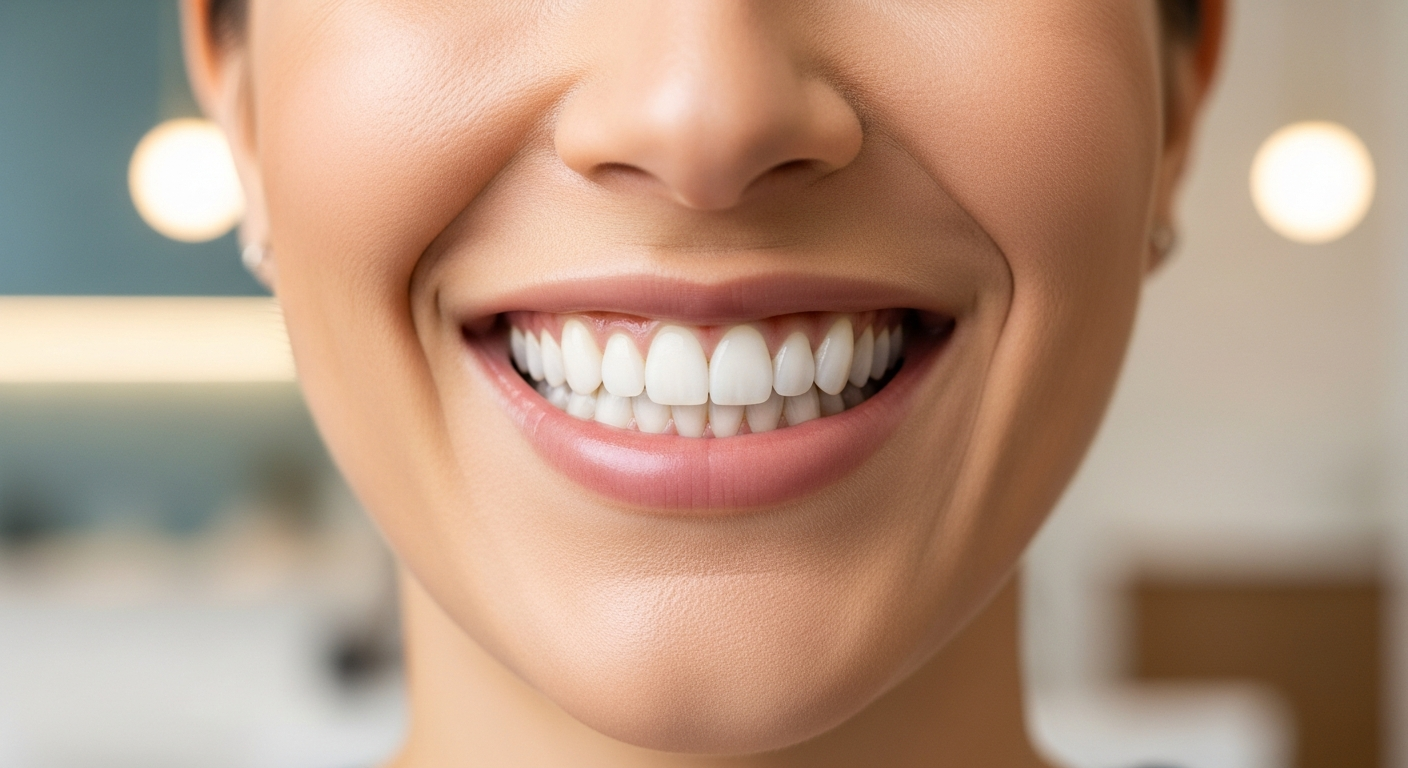



.avif)


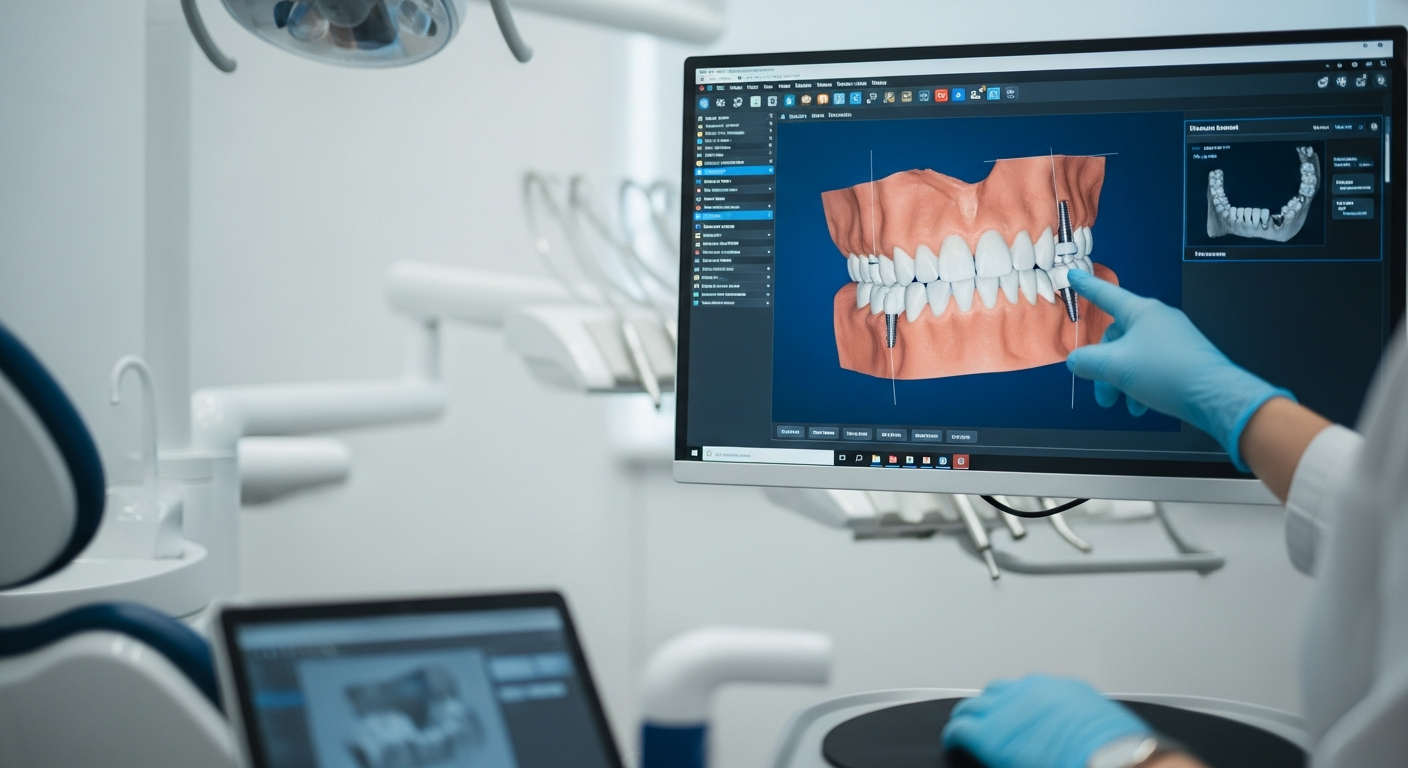

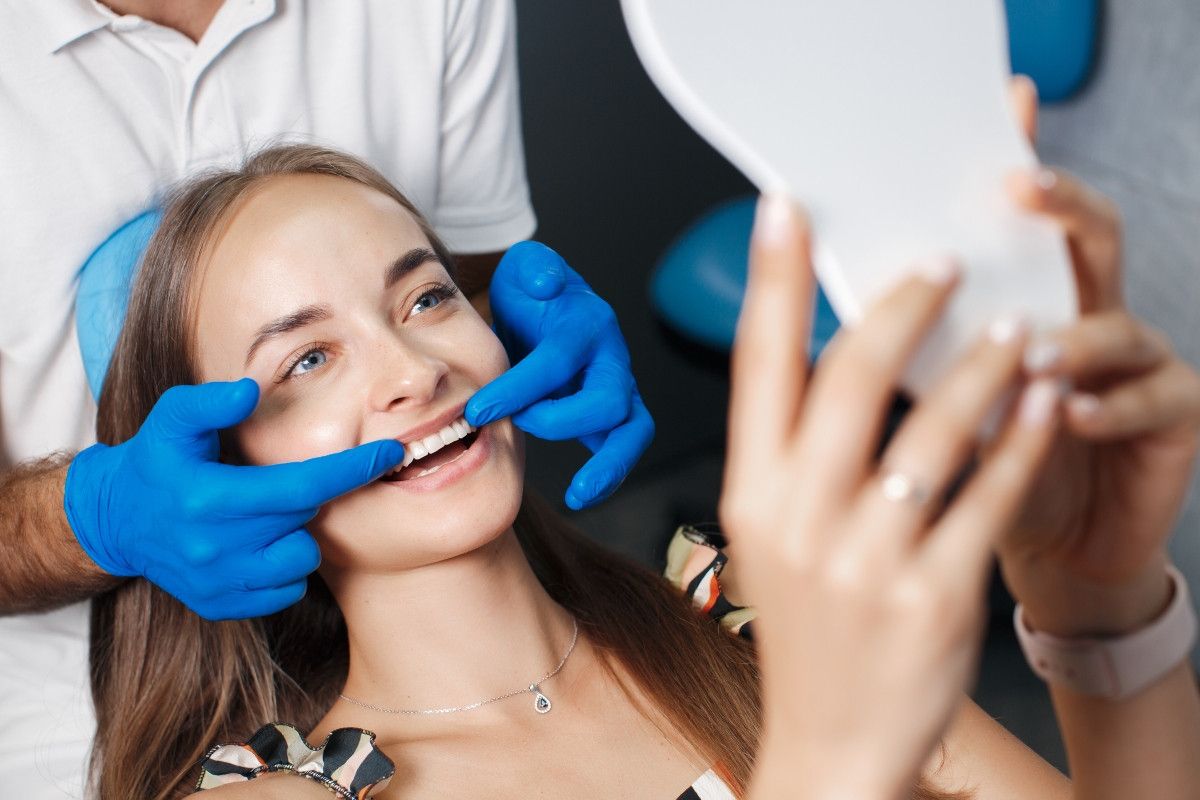

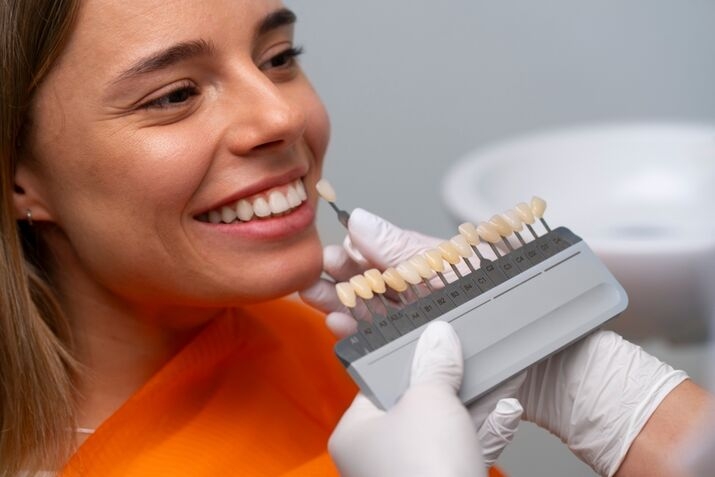
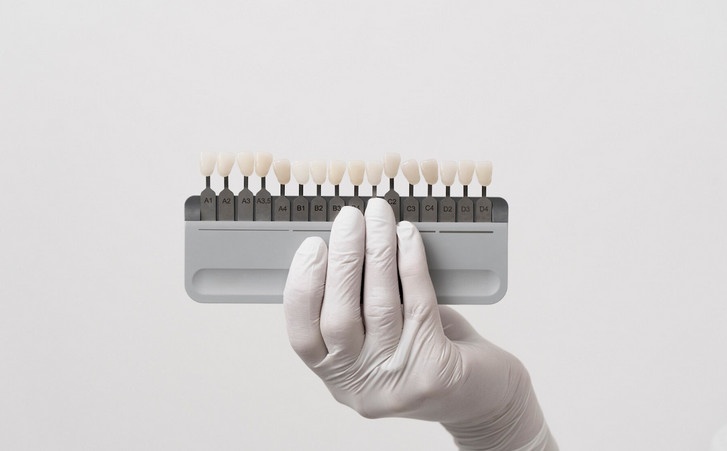

.jpg)


















.avif)


















.jpg)


